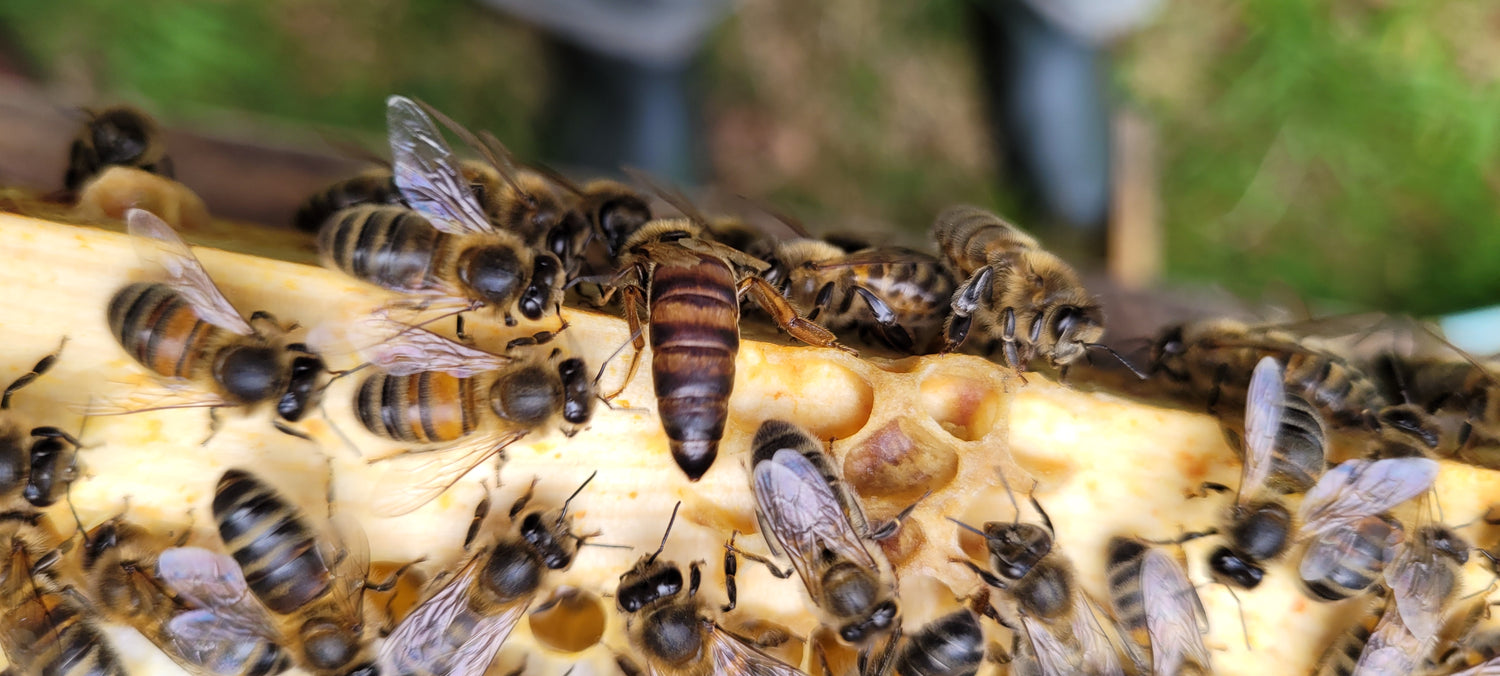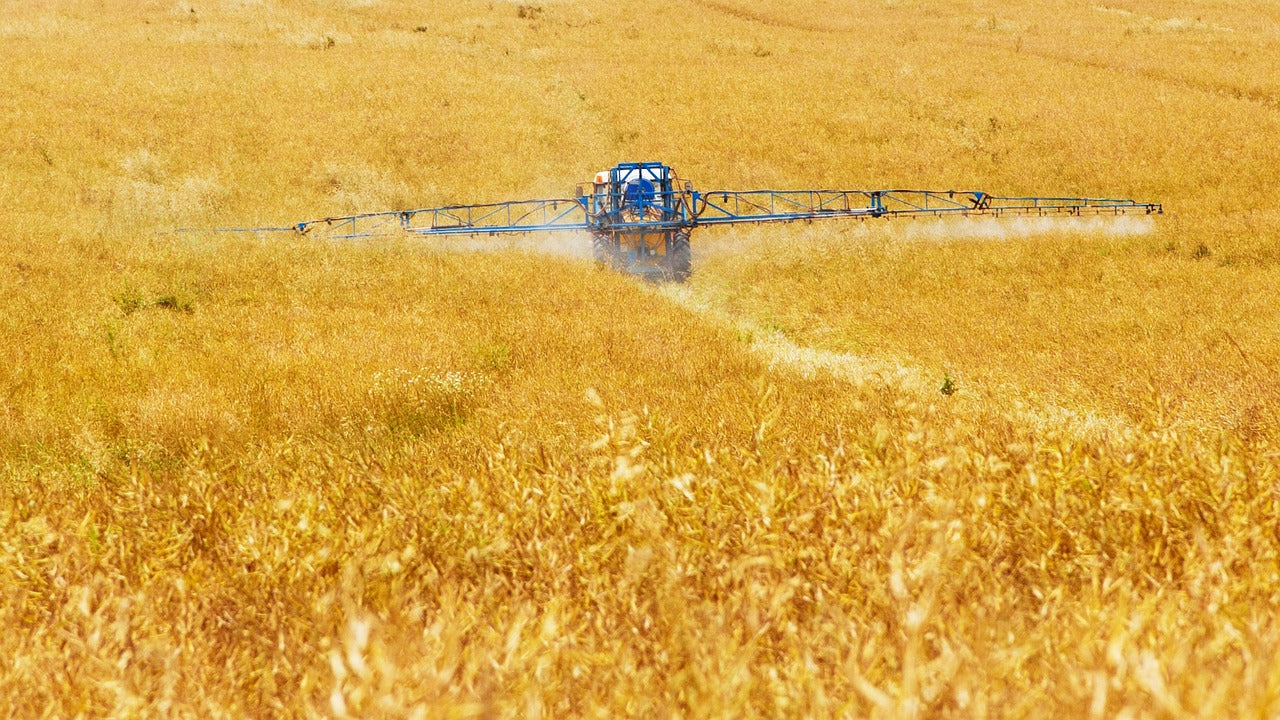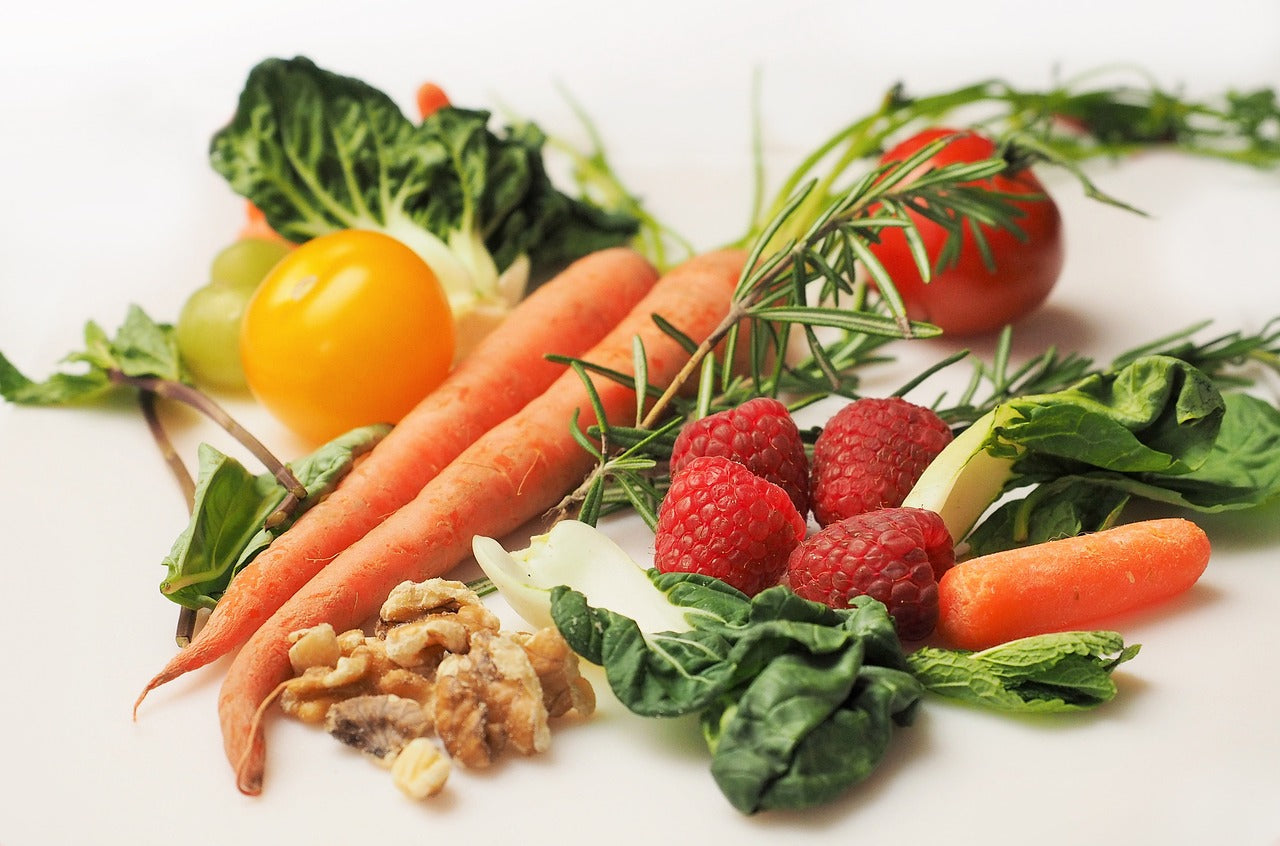REGENERATIVE FARMING, HONEYBEES AND WILD BEES
WHAT IS REGENERATIVE FARMING?
Regenerative farming, sometimes referred to as regenerative agriculture; although we like to call it 'Natural Farming', is a method of farming that follows a set of four principles which aims to improve the well-being of our environment.
- Increase in soil fertility - Removing the need to use chemical fertilizers (this has got to be a good thing!)
- Increase in biodiversity - More wild bees, butterflies and wildlife
- Improve water retention and water quality - less flooding and more clean drinking water
- Increase in soil carbon sequestration - takes carbon dioxide out of the environment reducing global climate change.
It's not new, these farming methods have been used for centuries, but our shopping habits have driven farmers to deviate away from natural farming to meet the demands of the consumer.
Natural farming is just one part of the puzzle in helping to restore our environment to a healthy and thriving place for wildlife and humans to co-exist.
Healthy soil, helps for healthy plant growth, provides more places for bees to thrive, which in turn generates clean healthy foods for us to eat.
BEEKEEPING
Beekeeping as we know it today, hasn't changed a great deal since the 1800s.
Traditional beehives, and the way we keep bees mostly stems from the 1800s; this for us represents what we like call 'Traditional Farming'.

POLLINATORS
WHAT'S THIS GOT TO DO WITH BEES?
The presence of bees and wild pollinators indicates healthy soils, diverse plant life, and a lack of harmful pollutants. Additionally, approximately 75% of the world's flowering plants and 35% of the world's food crops are reliant on pollinators to reproduce.
Bees help to pollinate plants that filter and clean water, which in turn improves the overall water quality.

MODERN FARMING
WHAT'S THIS GOT TO DO WITH ME?
Many farmers are under increasing pressure to produce more for less. This means they're sometimes forced to use chemicals in the form of fertilizers, pesticides, glyphosates and antibiotics in order to meet the demands of the supermarkets and the consumer.
These chemicals end up in the food chain and water courses and we happily eat this food oblivious to what it 'actually' contains.

For those who love stats....
BUT THERE WON'T BE ENOUGH FOOD!
"If we return to traditional farming there won't be enough food!" or "how will traditional farming feed the world?" are just some of the comments we hear about natural farming.
Lets look at some UK facts:
40% of the food we buy at the supermarket, ends in landfill which means a whole lot of wasted food and unnecessary farming.
We feel there's scope to re-think the need for industrial farming and become more conscientious consumers of the food we eat.
